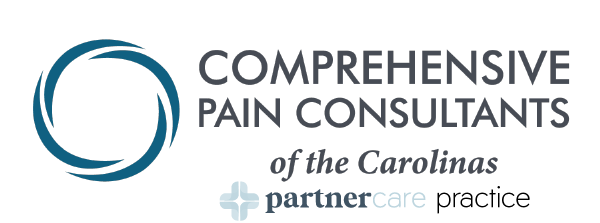4 Ways Pain Psychology Can Help You Reduce Holiday Pain Triggers
We all know how stressful holidays can be. And the research is clear on the connection between stress and pain; when stress increases, so do chronic pain symptoms. That’s why it’s important to schedule a session or two with your pain psychologist amidst your holiday preparations. Today our Rutherfordton NC Pain Management team will share the top four ways that pain psychology can help you reduce your holiday pain triggers.
1) Assessing the Brain-Body Connection
Our Pain Psychologists spend a significant amount of time with each patient helping them understand the connection pain makes between the body and the brain. One of the tools they use to help establish and manage that connection involves psychological and neuropsychological testing. Psychological tests that focus on pain, problems with mood, sleep, anger, maladaptive pain beliefs, unrealistic expectations, or coping problems are commonly used in pain management.
All these behaviors can trigger increased pain under the added stress of the holiday season. Your interventional pain physician can design specific treatments based upon the results of these tests. For example, patients may often have seasonal depression or social anxiety that may be helped with a variety of behavioral treatments and medications.
2) Health & Nutrition Counseling
Another source of stress and pain are holiday menus. While we all have our favorite dishes to bake or eat, there are also many ingredients in our holiday dishes that can cause inflammation. The following are a few of the top ingredients and foods that are known to increase inflammation as well as lead to weight gain:
Sugar & high-fructose corn syrup
Artificial trans fats: fried foods and processed foods that list hydrogenated vegetable oil on the ingredient list.
Refined carbohydrates: white bread, pasta, pastries or processed foods that contain added sugar or flour
Alcohol
Processed meats: bacon, smoked meat, sausage or beef jerky
Nutrition counseling along with changes in diet and weight control may play a very important role in the overall well-being of patients with chronic pain. Certain diets may help reduce inflammation, improve weight loss, and promote healing. Health psychologists can help patients develop improved exercise plans and day to day healthy activities. What better time to begin this source of healing than during the holidays?
3) Creating Practical Lifestyle Changes
Pain psychology can help you develop new ways to think about problems and to find solutions. In some cases, distracting yourself from pain is helpful. In other cases, a psychologist can help you develop new ways to think about your pain. A psychologist can also help you make lifestyle changes that will allow you to continue participating in work and recreational activities.
Create healthier sleep habits
Integrate mindfulness practices for increased stress management
Use Cognitive Behavioral Therapy CBT to help recognize irrational thinking and unhealthy behavioral patterns
Incorporate visual imagery, biofeedback training and other relaxation techniques
Help design a holiday schedule that’s supportive of the patient’s needs
4) Self-Advocacy Tips
Surround yourself with supportive people and take time to reconnect with your family and friends. It’s important to not only talk to your family about your limitations when it comes to pain but be honest about what you are going through. There is often too much to do over the holidays and it’s okay to reach out for help. Ask for support from those around you and your care team. We are here for you!
Rutherfordton NC Pain Management
At Comprehensive Pain Consultants of the Carolinas, we aim to improve your quality of life by listening to you, creating custom treatment plans, and educating you as we learn more about your conditions. We’re invested in your sustained relief from pain. Our treatment plans are minimally invasive and conservative. Contact us today to begin the path to a higher quality of life with our pain psychologists and other chronic pain specialists.

